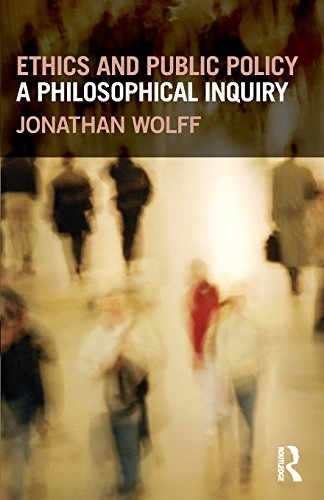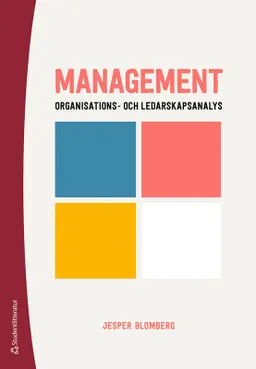Train crashes cause, on average, a handful of deaths each year in the UK. Technologies exist that would save the lives of some of those who die. Yet these technical innovations would cost hundreds of millions of pounds. Should we spend the money? How can we decide how to trade off life against financial cost? Such dilemmas make public policy is a battlefield of values, yet all too often we let technical experts decide the issues for us. Can philosophy help us make better decisions? Ethics and Public Policy: A Philosophical Inquiry is the first book to subject important and controversial areas of public policy to philosophical scrutiny. Jonathan Wolff, a renowned philosopher and veteran of many public committees, such as the Gambling Review Body, introduces and assesses core problems and controversies in public policy from a philosophical standpoint. Each chapter is centred on an important area of public policy where there is considerable moral and political disagreement. Topics discussed include: Can we defend inflicting suffering on animals in scientific experiments for human benefit? What limits to gambling can be achieved through legislation?What assumptions underlie drug policy? Can we justify punishing those who engage in actions that harm only themselves? What is so bad about crime? What is the point of punishment? Other chapters discuss health care, disability, safety and the free market. Throughout the book, fundamental questions for both philosopher and policy maker recur: what are the best methods for connecting philosophy and public policy? Should thinking about public policy be guided by an 'an ideal world' or the world we live in now? If there are 'knock down' arguments in philosophy why are there none in public policy? Each chapter concludes with 'Lessons for Philosophy' making this book not only an ideal introduction for those coming to philosophy, ethics or public policy for the first time, but also a vital resource for anyone grappling with the moral complexity underlying policy debates.
Åtkomstkoder och digitalt tilläggsmaterial garanteras inte med begagnade böcker





















